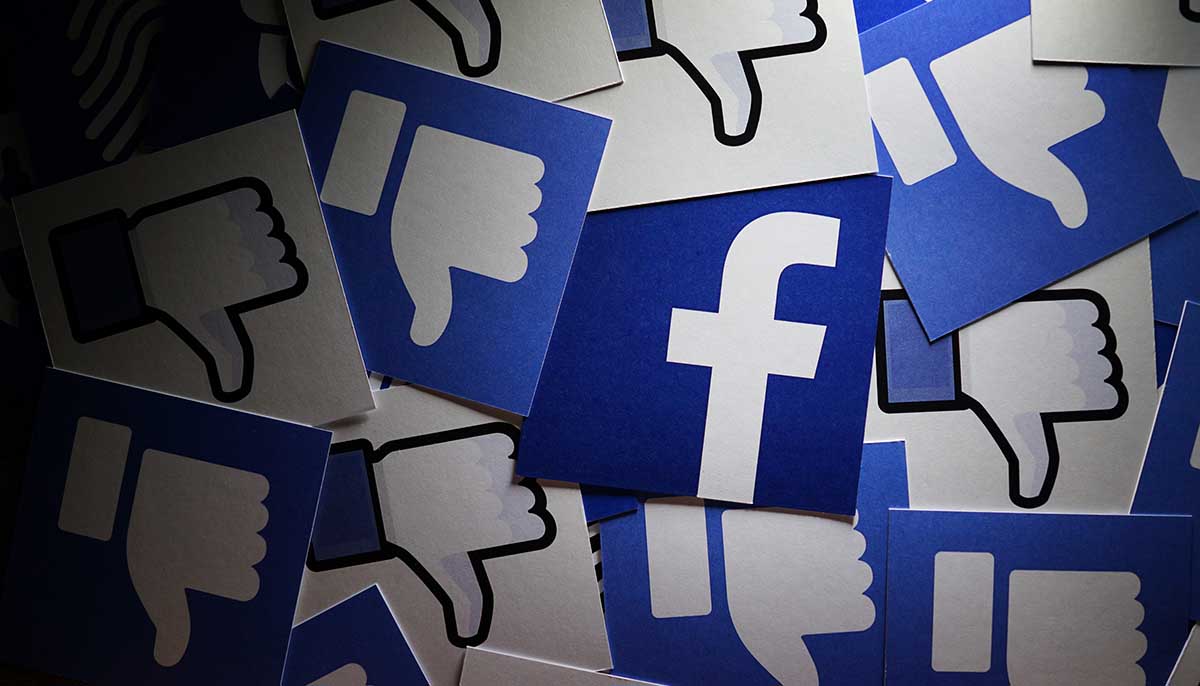Shutterstock
Facebook Headquarters Shuts Down After Employee Tests Positive for Coronavirus; and How Contaminated Cash May Be Spreading Coronavirus.

Facebook has announced that it will shut down its Seattle headquarters after a contractor tested positive for coronavirus. The employee was last in the office on February 21. The office is located about 12 miles from a nursing home that is connected with six deaths in the United States.
Management is encouraging employees to work from home for the remainder of the month. In the meantime they will close the office until at least March 9. The affected employee is currently in quarantine. He had recently gone home sick from work on February 25.
A spokesperson issued the following statement:
“A contractor based in our Stadium East office has been diagnosed with COVID-19. We’ve notified our employees and are following the advice of public health officials to prioritize everyone’s health and safety.”
An email sent home to employees urged them to stay home and seek medical attention if they started to experience symptoms.
“Your health is our top priority and we are continuing with enhanced deep cleaning and sanitization in the office.”
There is much concern about the virus continuing to spread.
Related: Coronavirus Tainted Knife Fight Over Toilet Paper and More News
The World Health Organization is urging people to stop using cash if possible. People should also wash their hands often in the event that paper money may be encouraging the spread of coronavirus.
We do not currently know how long the coronavirus can survive outside of a human body. However, experts believe that the virus can survive on inanimate objects, such as cellphones and money, for up to nine days at room temperature.
On Tuesday, WHO told the Telegraph that COVID-19 may cling to the surface of paper money for several days. For this reason, people should consider using contactless payments instead of cash.
In a Telegraph article, Bank of England also acknowledged that paper money can carry viruses and bacteria. They emphasized that people need to wash their hands regularly.
Both China and Korea last month started to isolate and disinfect used banknotes.
Officials are using high temperatures and ultraviolet light to sterilize the bills. They then seal them for 14 days before releasing them back into circulation.
Related: Man Tells Roommate He’s Won $10 Million Lottery – Roommate Steals Ticket